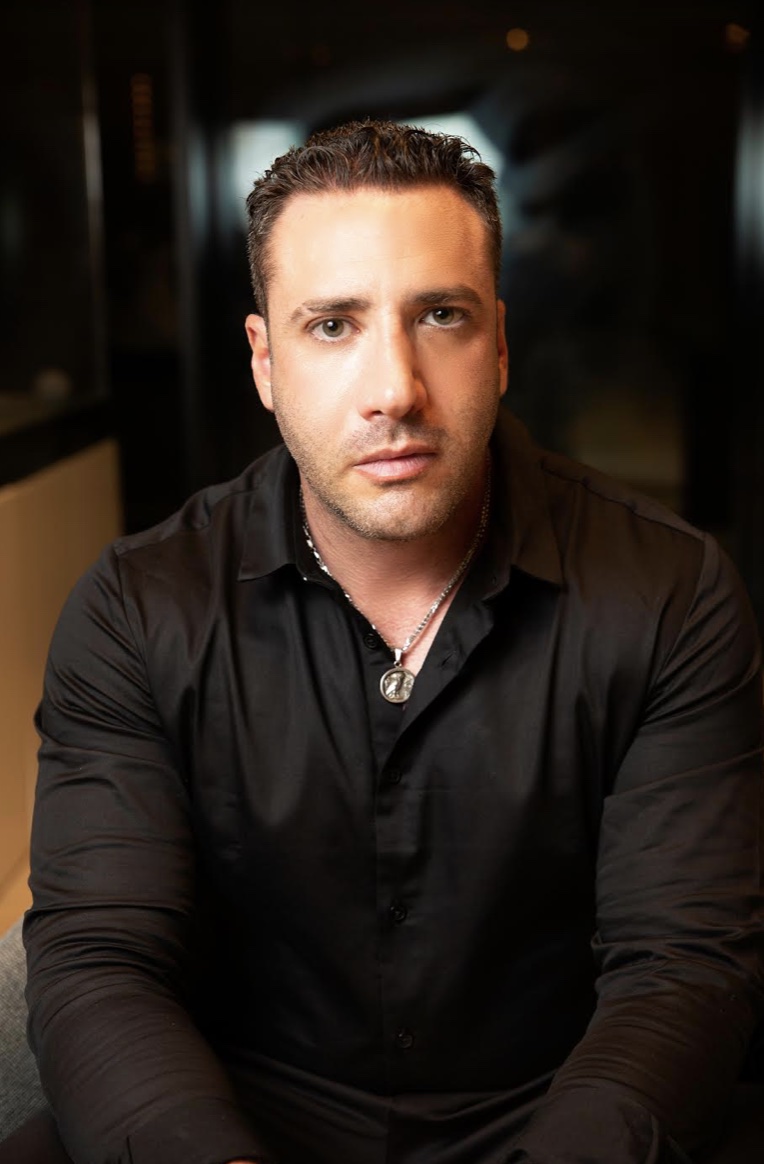
The Simulation Theory, which argues the probability of advanced civilizations eventually simulating life is so high that we’re likely living in one of their simulations, has spread like wildfire in recent years. If this is your first time hearing of it, the theory may seem far-fetched. But the hypothesis has moved from obscurity to the mainstream thanks to a handful of notable thought leaders in California’s own Silicon Valley.
Elon Musk, perhaps its most visible advocate, claimed on the Joe Rogan Experience podcast that “games will eventually be indistinguishable from reality.” But the endorsement doesn’t stop with a podcast. Musk’s Neuralink project already pushes the boundaries of technology’s effect on the brain, suggesting the possibility of a manmade simulation of life may be attainable in the future.
As of now, a majority of figures speaking on the Simulation Theory analyze it from a strictly technological or atheistic perspective. But for religious communities, a new institution linking the theory to Creationism has emerged to bridge the gap between the technological and the divine.
The Global Architect Institute, a non-profit organization dedicated to disseminating the latest knowledge of Simulation Theory and Simulation Creationism, presents its hypothesis to the public. The institute connects the more secular version of the Simulation Theory with Creationism, the belief that life and reality originated with supernatural acts of divine creation, and also with Christianity, thus giving a powerful apologetic toolkit for the devout.
Simulation Creationism suggests that the Lord has put us in the simulation to study life on Earth, a concept that is quickly gaining traction with many Christian communities, as seen by the Institute’s Facebook page activity. Developed by Nir Ziso and a team of leading theologians specializing in Christianity, the hypothesis brings new Bible-based testimony to verify the Simulation Theory with faith-based proof.
The middle ground between Creationism and the Simulation Hypothesis, Simulation Creationism, holds that our universe didn’t emerge on its own and gives a detailed model showing the existence of a creator. The hypothesis suggests that our reality and existence can be explained by assuming we are all part of a simulation whose objective is to research and monitor events related to creation and life.
“For the first time, we uncover a detailed model showing the existence of a creator.
Simulation Creationism takes Creationism out of its pseudo-scientific position while supplying powerful apologetic toolkits to believers worldwide,” says Nir Ziso, Director of the Global Architect Institute.
Simulation Creationism states the following in support of its theory:
“Souls must live within a defined boundary, where they can learn about God’s mercy and character, and live according to the ways the Holy Spirit reveals us. This boundary is The Simulation: ‘Do not love the world or the things in the world. If anyone loves the world, the love of the Father is not in him. For all that is in the world—the desires of the flesh and the desires of the eyes and pride in possessions—is not from the Father but is from the world. And the world is passing away along with its desires, but whoever does the will of God abides forever.’ (1 John 2:15-17)
Humans have an embedded knowledge of God and The Simulation, but while living in a simulated world, we must rediscover this fact and elevate our knowledge and behavior, through faith in Jesus Christ: ‘See, I will create new heavens and a new earth. The former things will not be remembered, nor will they come to mind’ (Isaiah 65:17)”
For Christians that prioritize faith, the Global Architect Institute’s hypothesis provides a values-based proposition that goes beyond the secular and pseudoscientific explanations of scientists.
Advertising disclosure: We may receive compensation for some of the links in our stories. Thank you for supporting LA Weekly and our advertisers.
